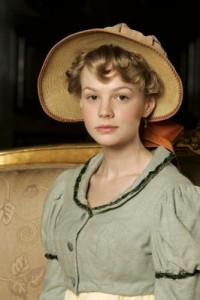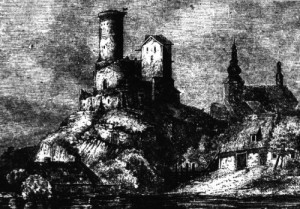Why I think John Thorpe is an interesting character in Northanger Abbey
John Thorpe is one of the many characters Catherine meets in Bath. However, while others such as Henry Tilney act more like gentlemen, John Thorpe is not, which makes him stand out. He is quite rude towards others, and even his mother (“Ah, Mother! How do you do?” said he, giving her a hearty shake of the hand. “Where did you get that quiz of a hat? It makes you look like an old witch.”) and usually WILL NOT admit he is wrong. Since Catherine loves reading novels, she already may have a problem with her since he hates them (“Novels are all so full of nonsense and stuff; there has not been a tolerably decent one come out since Tom Jones, except The Monk; I read that t’other day; but as for all the others, they are the stupidest things in creation.”). His sister Isabella has similarities, but John Thorpe is a lot worse than her.
This does not change the fact that even if he is a dislikeable character, he is useful to the story, since for example, [USELESS SPOILER ALERT] he is the one who lied to General Tilney about Catherine’s wealth, meaning that without him, she would probably not have spent so much time with Henry in the first place, which is a major part of the plot. It is rather interesting to see that Austen made this character dislikeable and yet useful to the plot, since the reader wants to follow characters that they find likeable, usually (and want John Thorpe to shut up about those horses and carriages). Due to the satirical nature of the novel, it is possible that Austen wanted to make fun of gentlemen; perhaps JT was integrated in order to show another aspect of those kind of characters, which adds a bit of depth into his character. Hence, this is why I find John Thorpe to be an interesting character in Northanger Abbey.


